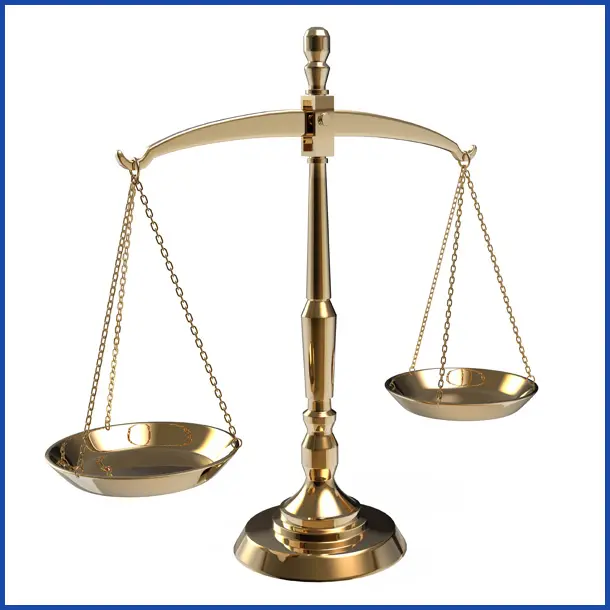What Are Punitive Damages?~3 min read

If you are considering filing a personal injury lawsuit, or have already filed one, you have heard the term “damages” discussed. In your search for a lawyer, you may have seen websites that talk about getting you the damages that you deserve. You may ask, “What does that mean?” And you specifically wonder what punitive damages are.
At Springer & Lyle, we help you understand what the term “damages” means in a personal injury lawsuit. We want you to understand the term “punitive damages” and why you may or may not be entitled to that type of damages, depending on the circumstances of your case.
Economic and Non-Economic Damages
The term “damages” refers to the amount of money you will ask from the person, persons, business, or municipality that is responsible for causing your injury. For negligence cases, these damages generally include:
- Economic damages. This means your actual loss, your out-of-pocket losses, like for your medical expenses, lost wages, and future medical expenses and lost wages that you will incur due to your injury.
- Non-economic damages. These are losses for which there is no precise calculation. These are damages like pain and suffering, permanent impairment, scarring and disfigurement, wrongful death, and emotional distress.
Punitive Damages (Also Referred to as Exemplary Damages)
Punitive, or exemplary, damages are damages imposed to punish the defendant for intentional or particularly egregious conduct. They are generally not available in a personal injury case but can be based on the conduct of defendant.
What you need to know about punitive damages in Texas includes:
- Punitive damages only become an issue if you are first awarded economic damages by a judge or jury.
- You must prove the defendant acted with malice, was grossly negligent or committed a designated crime.
- The burden of proof is on you, the plaintiff, to prove the conduct of the defendant by clear and convincing evidence.
- There is a limit placed on the amount of punitive damages that can be awarded in relation to the other damages awarded. But as often in the law, there are exceptions to the limitations.
Examples of Punitive Damages for Personal Injury Cases
Drunk driving. One common example where punitive damages may be awarded is if you were injured by the negligent acts of a drunk driver. The driver knew, or should have known, that the act of driving drunk could result in harm to another person but chose to drive anyway. This is grossly negligent conduct.
Distracted driving. A person who is driving while distracted by using their cell phone, driving while using the mirror to put on makeup or fix their hair may subject the driver to punitive damages. It is clear such actions may result in harm to another person.
Product liability. When a company knows its product has a risk of harm but sells it anyway, punitive damages may be awarded.
Premises liability. If a property owner knows there is an issue on the property that creates a risk of harm or refuses to repair it and someone is harmed, punitive damages may be awarded.
If you were injured in an accident and believe you may be entitled to punitive damages, contact our Denton personal injury attorneys at Springer & Lyle to schedule a consultation.







